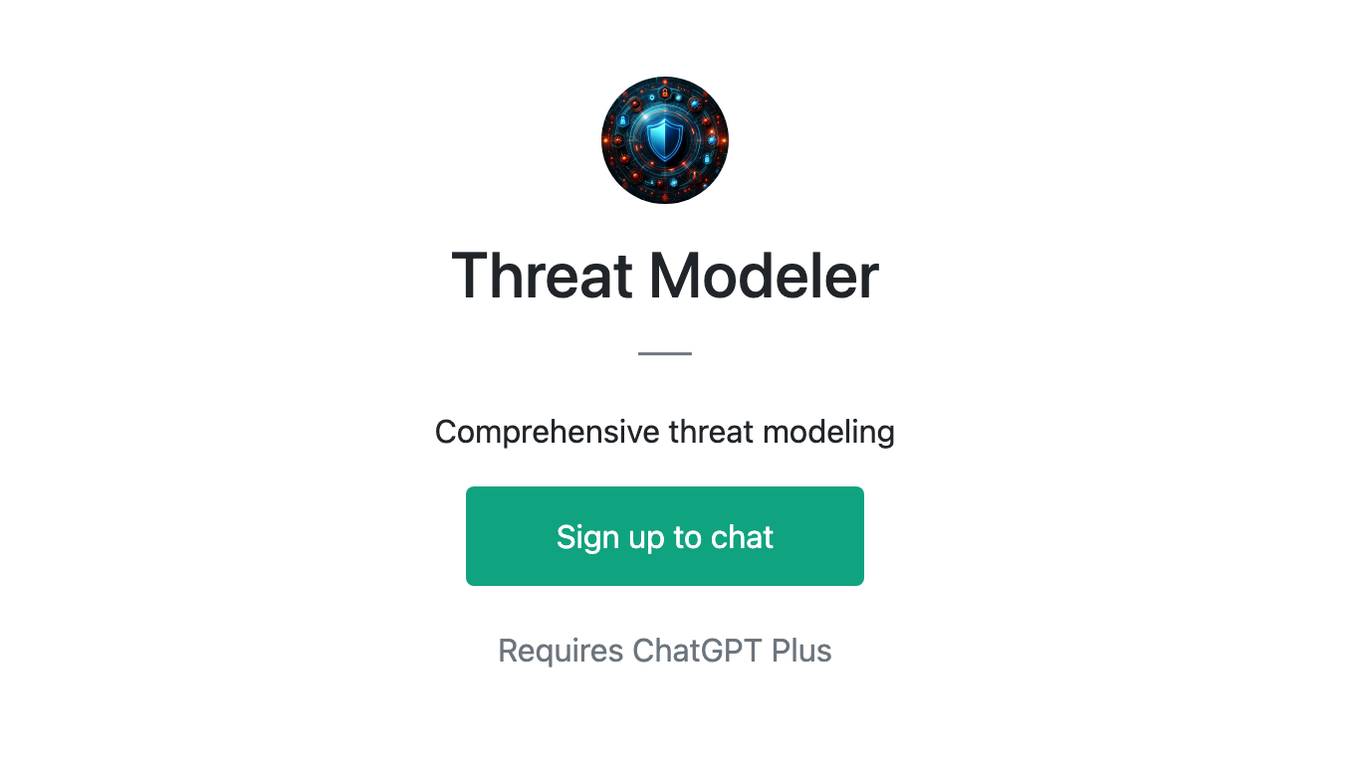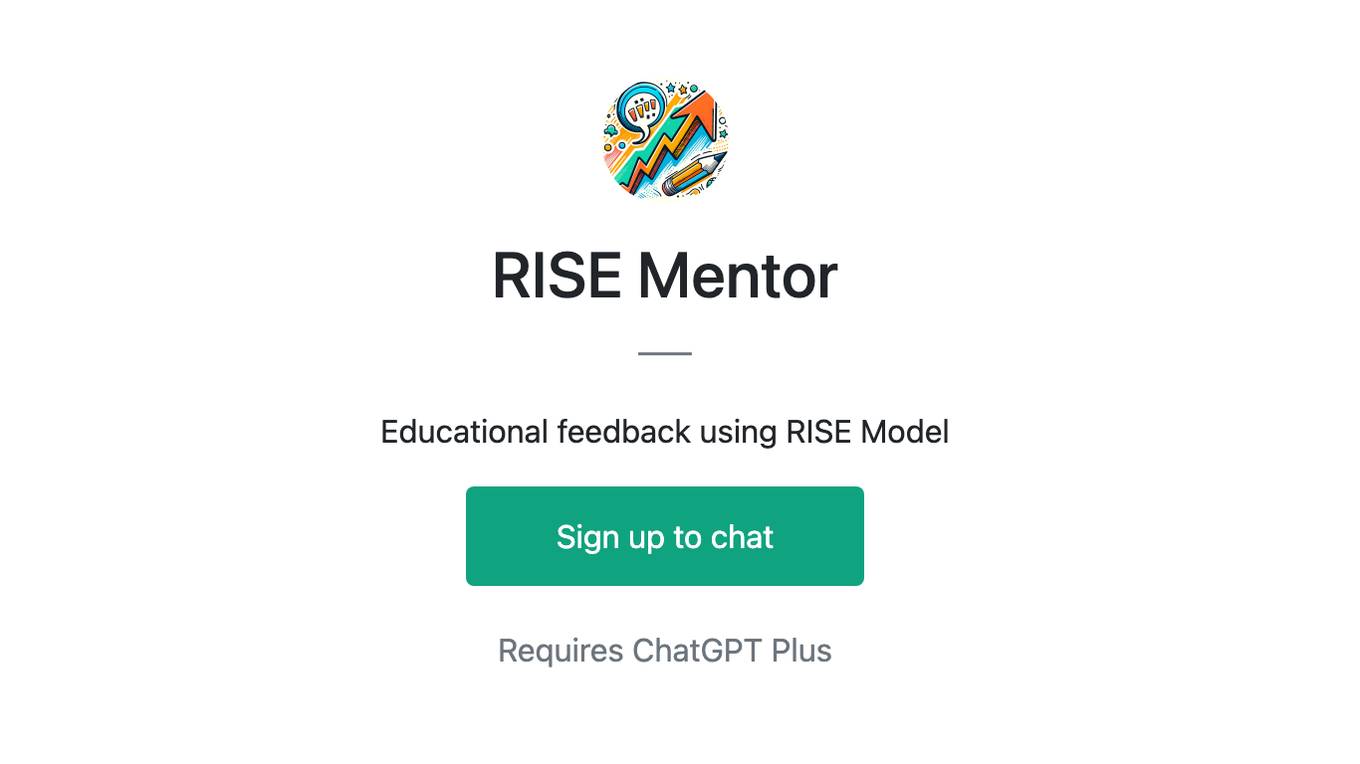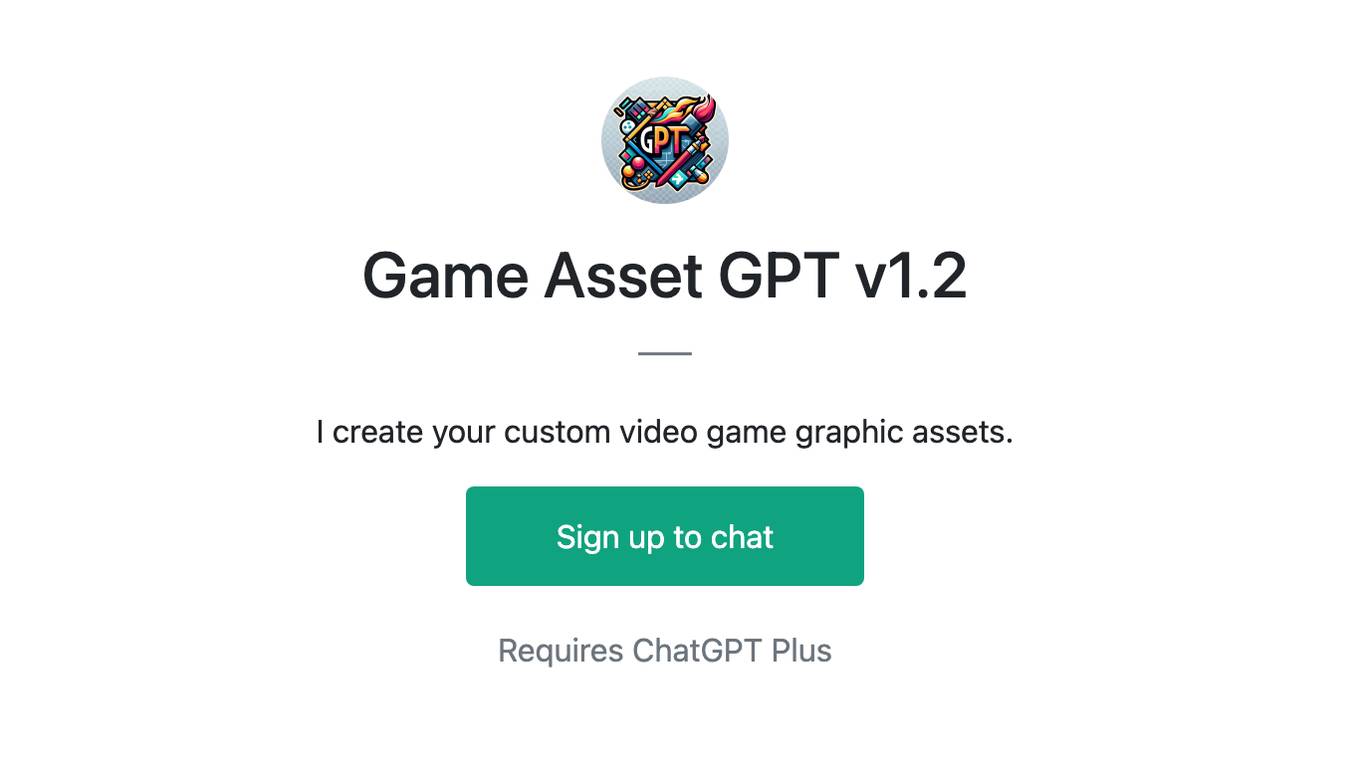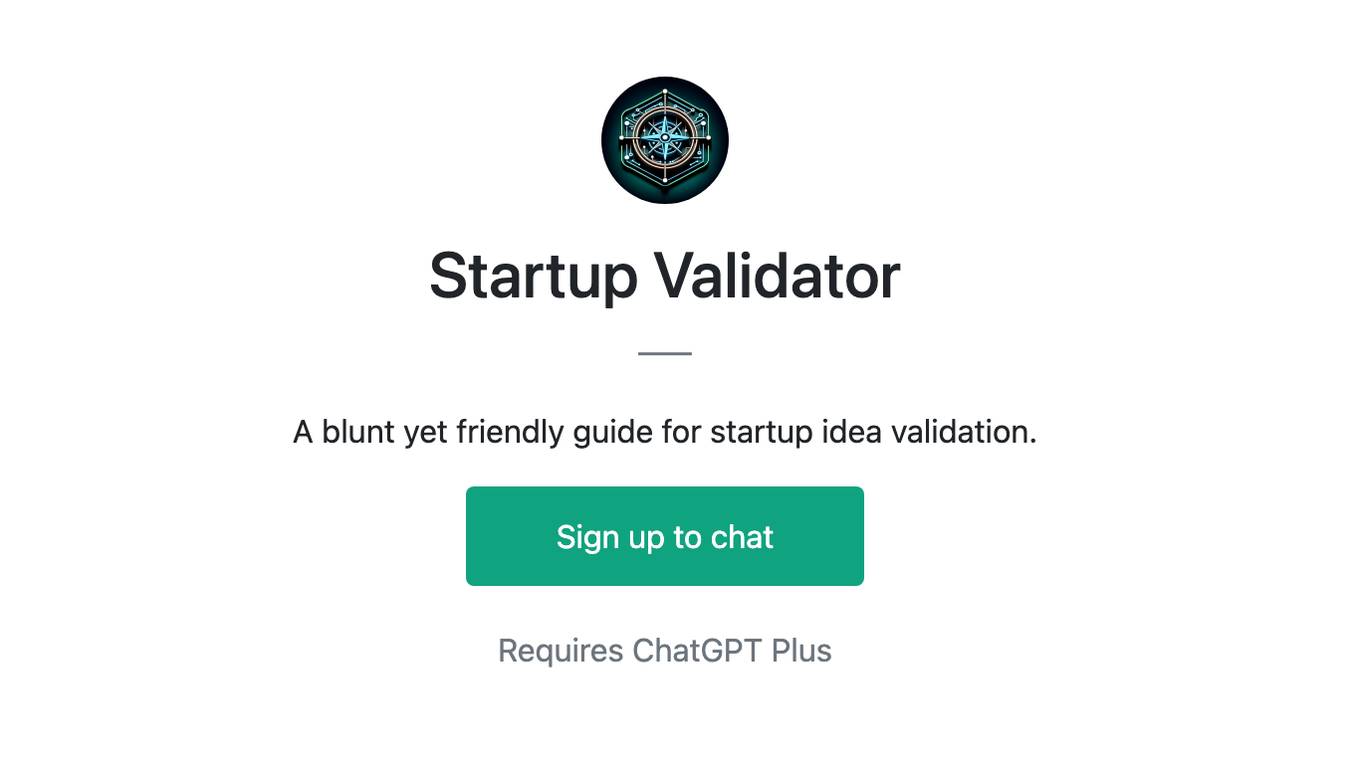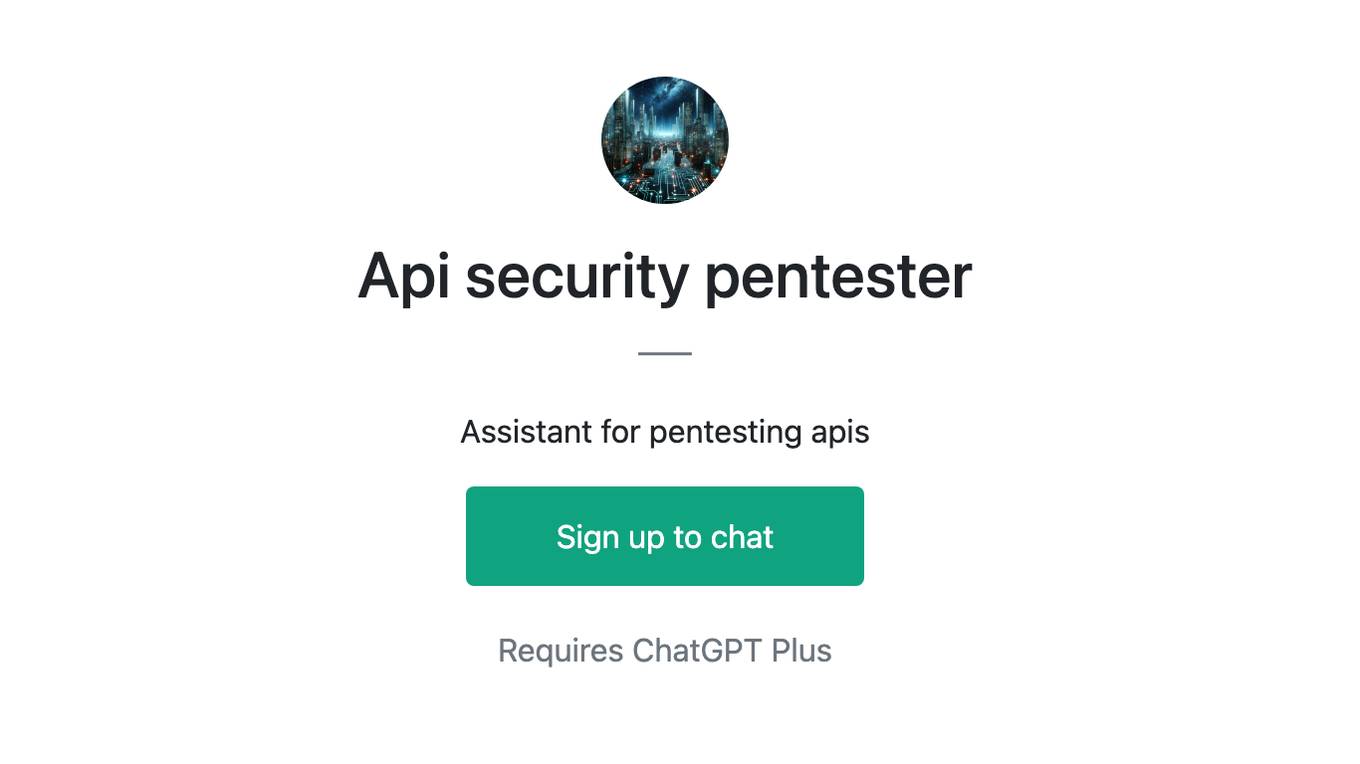Best AI tools for< Assess Models >
20 - AI tool Sites
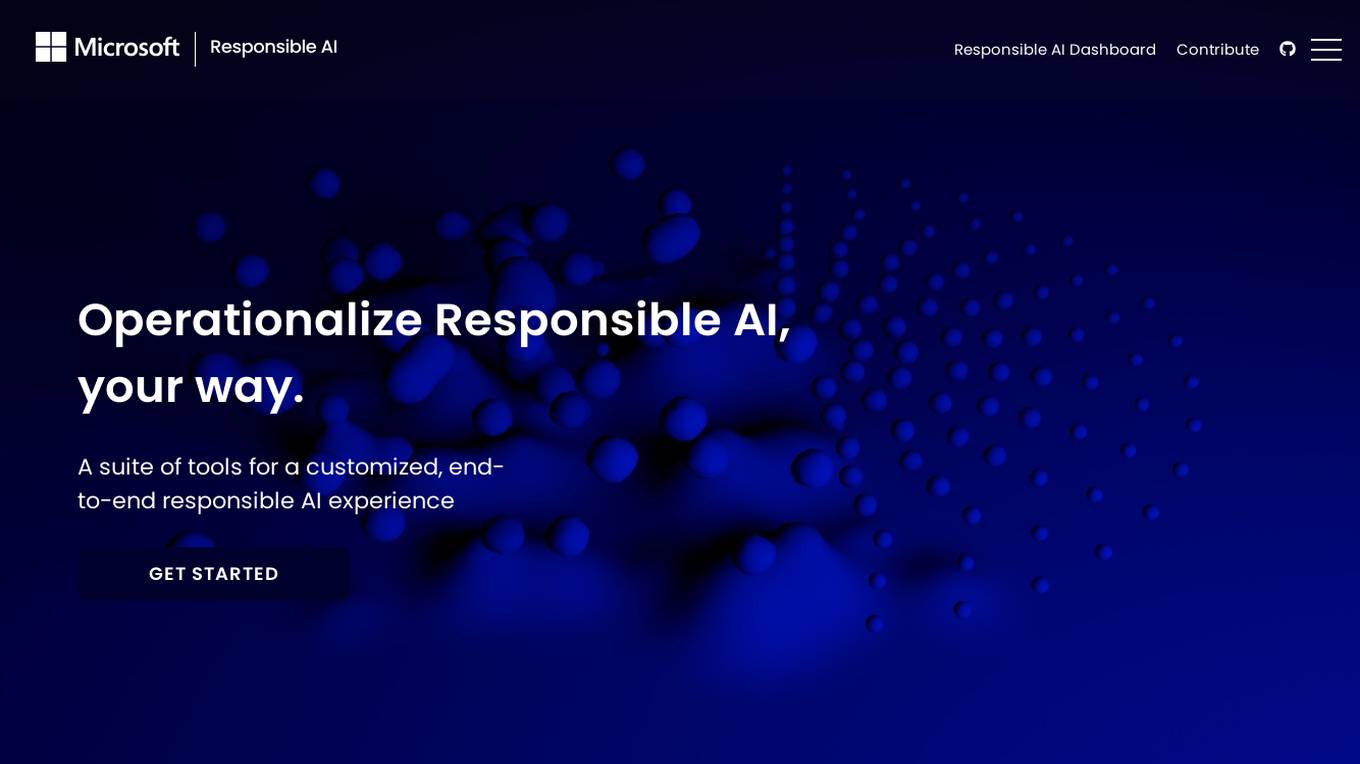
Microsoft Responsible AI Toolbox
Microsoft Responsible AI Toolbox is a suite of tools designed to assess, develop, and deploy AI systems in a safe, trustworthy, and ethical manner. It offers integrated tools and functionalities to help operationalize Responsible AI in practice, enabling users to make user-facing decisions faster and easier. The Responsible AI Dashboard provides a customizable experience for model debugging, decision-making, and business actions. With a focus on responsible assessment, the toolbox aims to promote ethical AI practices and transparency in AI development.
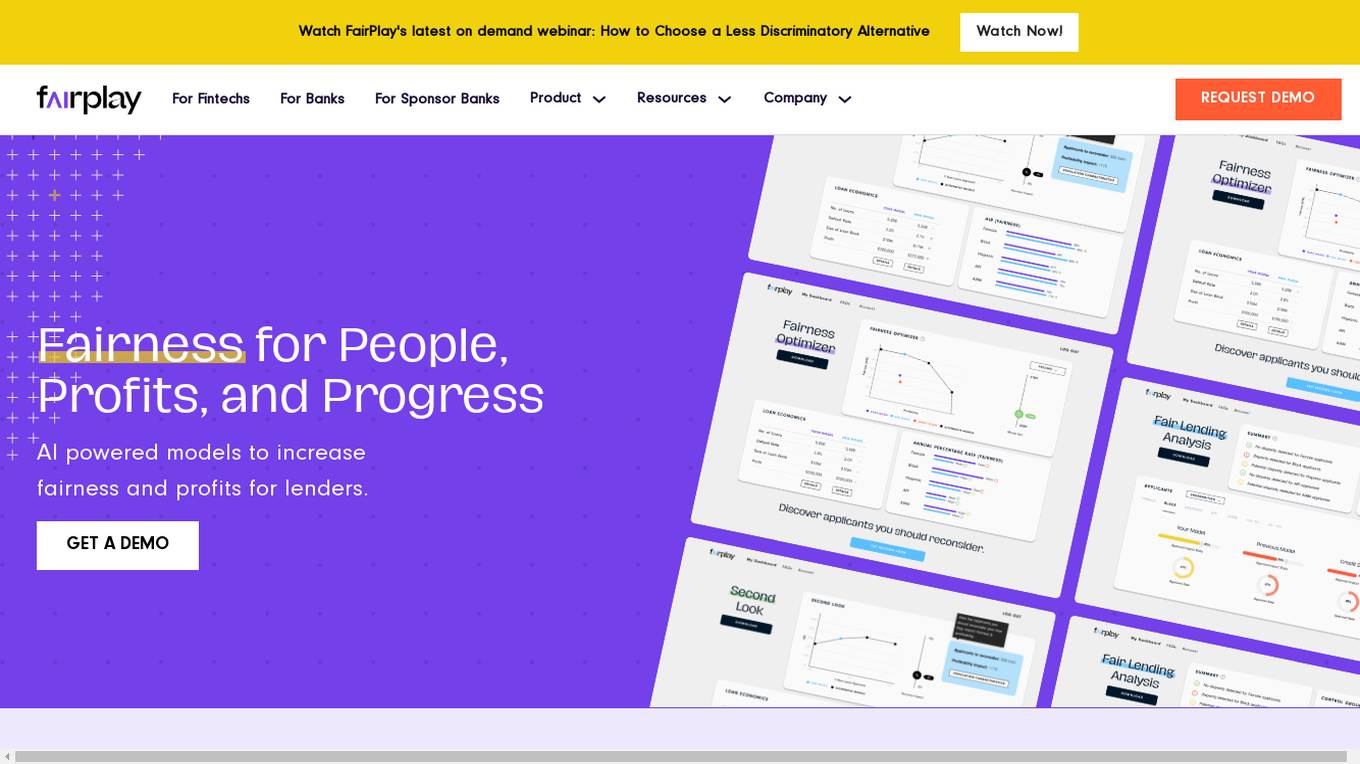
FairPlay
FairPlay is a Fairness-as-a-Service solution designed for financial institutions, offering AI-powered tools to assess automated decisioning models quickly. It helps in increasing fairness and profits by optimizing marketing, underwriting, and pricing strategies. The application provides features such as Fairness Optimizer, Second Look, Customer Composition, Redline Status, and Proxy Detection. FairPlay enables users to identify and overcome tradeoffs between performance and disparity, assess geographic fairness, de-bias proxies for protected classes, and tune models to reduce disparities without increasing risk. It offers advantages like increased compliance, speed, and readiness through automation, higher approval rates with no increase in risk, and rigorous Fair Lending analysis for sponsor banks and regulators. However, some disadvantages include the need for data integration, potential bias in AI algorithms, and the requirement for technical expertise to interpret results.
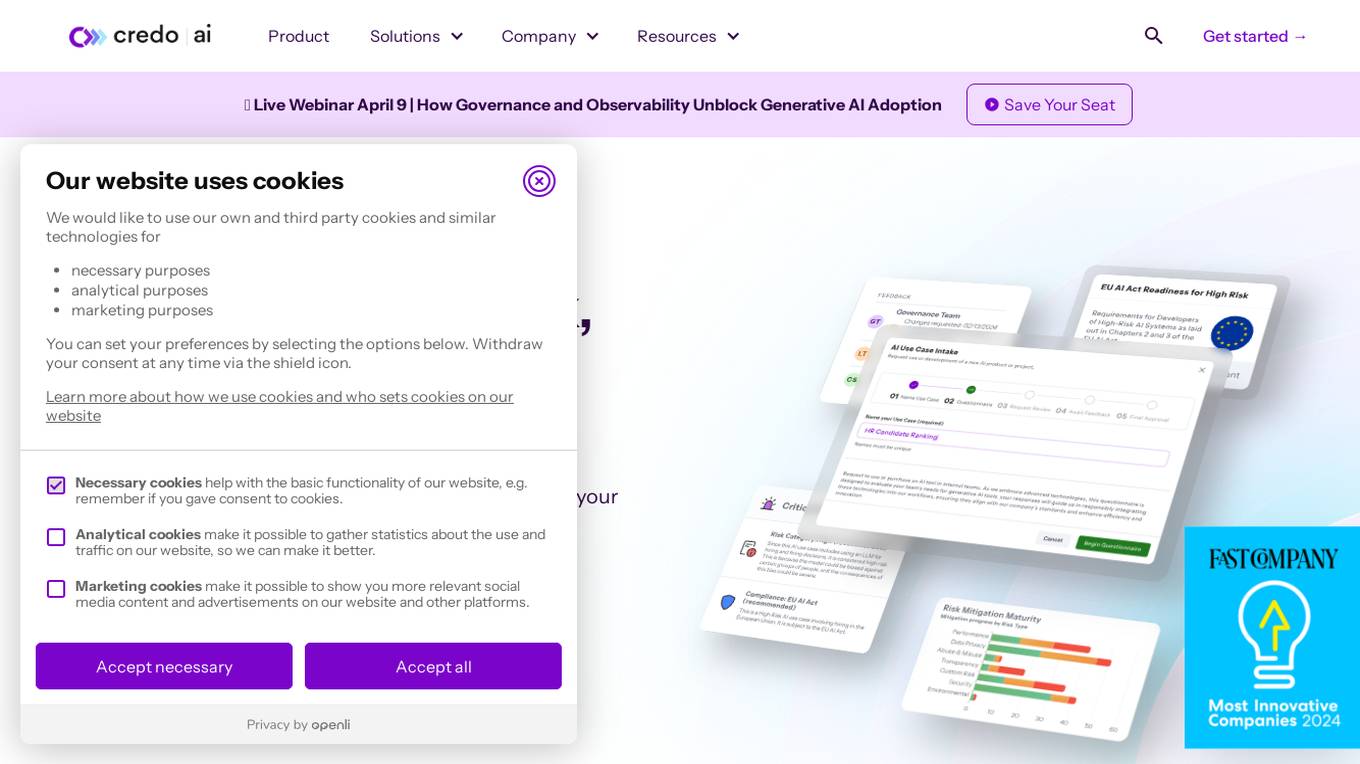
Credo AI
Credo AI is a leading provider of AI governance, risk management, and compliance software. Our platform helps organizations to adopt AI safely and responsibly, while ensuring compliance with regulations and standards. With Credo AI, you can track and prioritize AI projects, assess AI vendor models for risk and compliance, create artifacts for audit, and more.
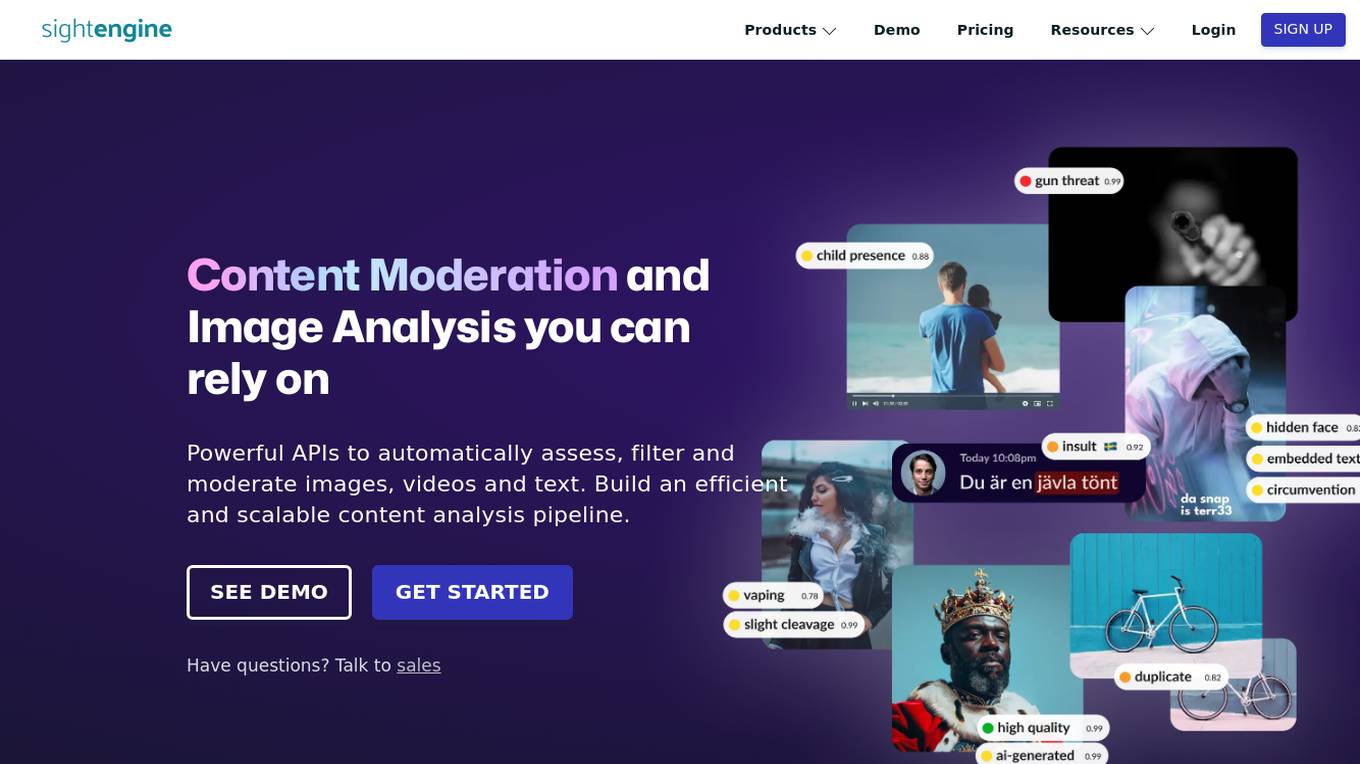
Sightengine
The website offers content moderation and image analysis products using powerful APIs to automatically assess, filter, and moderate images, videos, and text. It provides features such as image moderation, video moderation, text moderation, AI image detection, and video anonymization. The application helps in detecting unwanted content, AI-generated images, and personal information in videos. It also offers tools to identify near-duplicates, spam, and abusive links, and prevent phishing and circumvention attempts. The platform is fast, scalable, accurate, easy to integrate, and privacy compliant, making it suitable for various industries like marketplaces, dating apps, and news platforms.
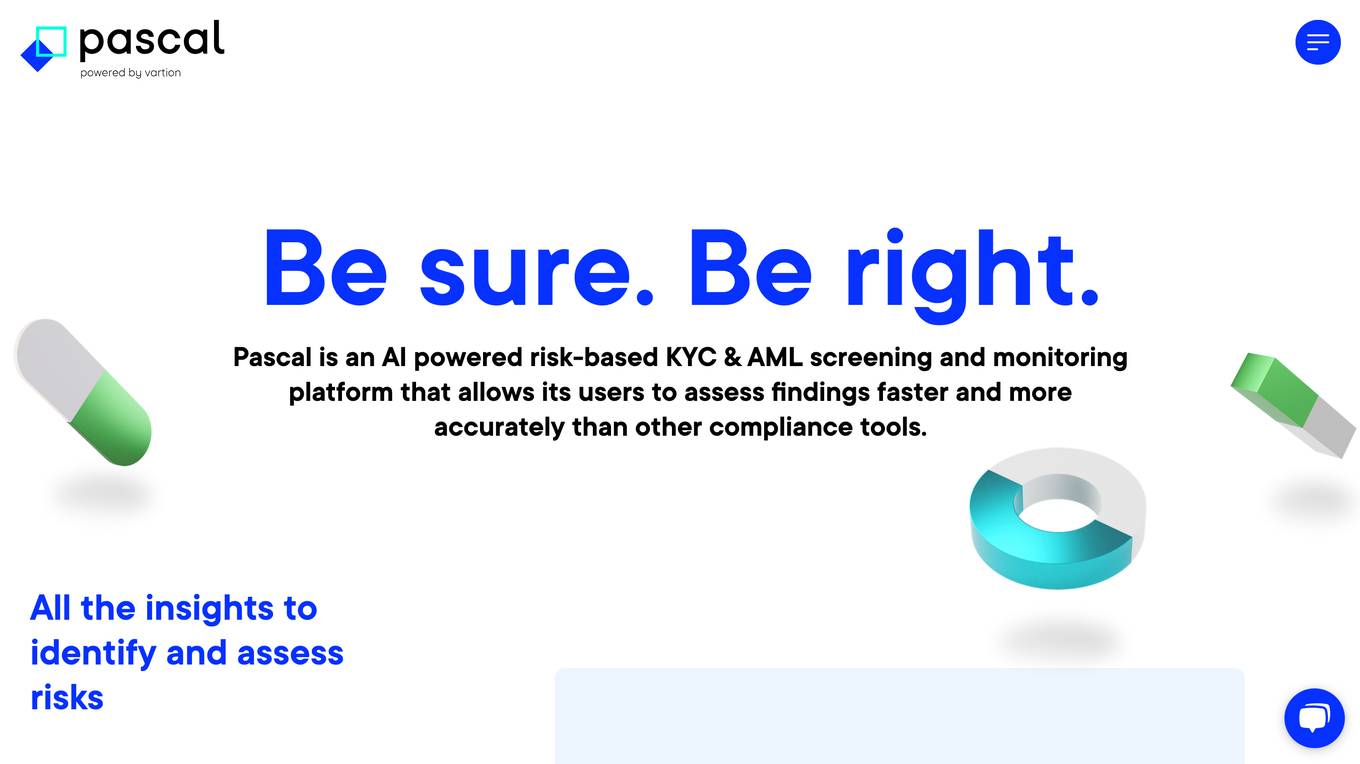
Pascal
Pascal is an AI-powered risk-based KYC & AML screening and monitoring platform that offers users the ability to assess findings faster and more accurately than other compliance tools. It utilizes AI, machine learning, and Natural Language Processing to analyze open-source and client-specific data, interpret adverse media in multiple languages, simplify onboarding processes, provide continuous monitoring, reduce false positives, and enhance compliance decision-making.
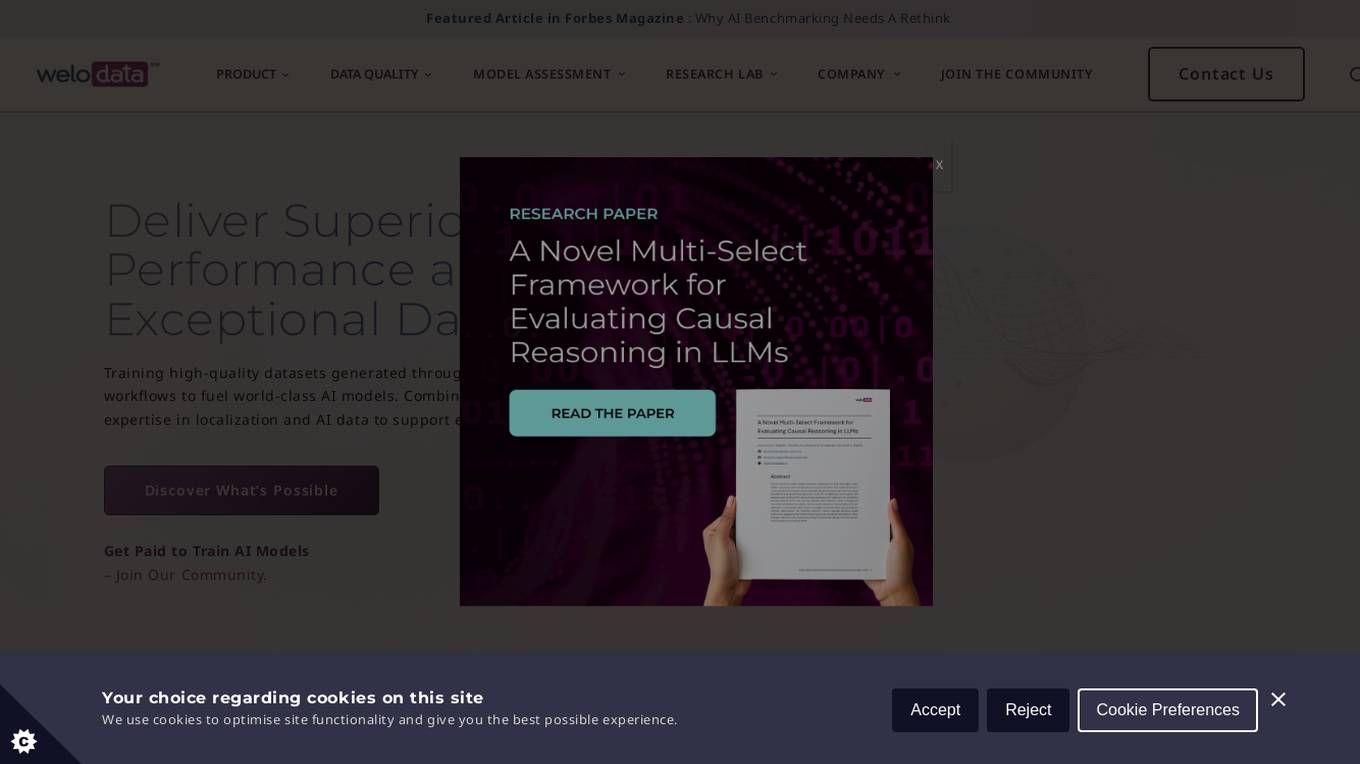
Welo Data
Welo Data is an AI tool that specializes in AI benchmarking, model assessment, and training high-quality datasets for AI models. The platform offers services such as supervised fine tuning, reinforcement learning with human feedback, data generation, expert evaluations, and data quality framework to support the development of world-class AI models. With over 27 years of experience, Welo Data combines language expertise and AI data to deliver exceptional training and performance evaluation solutions.
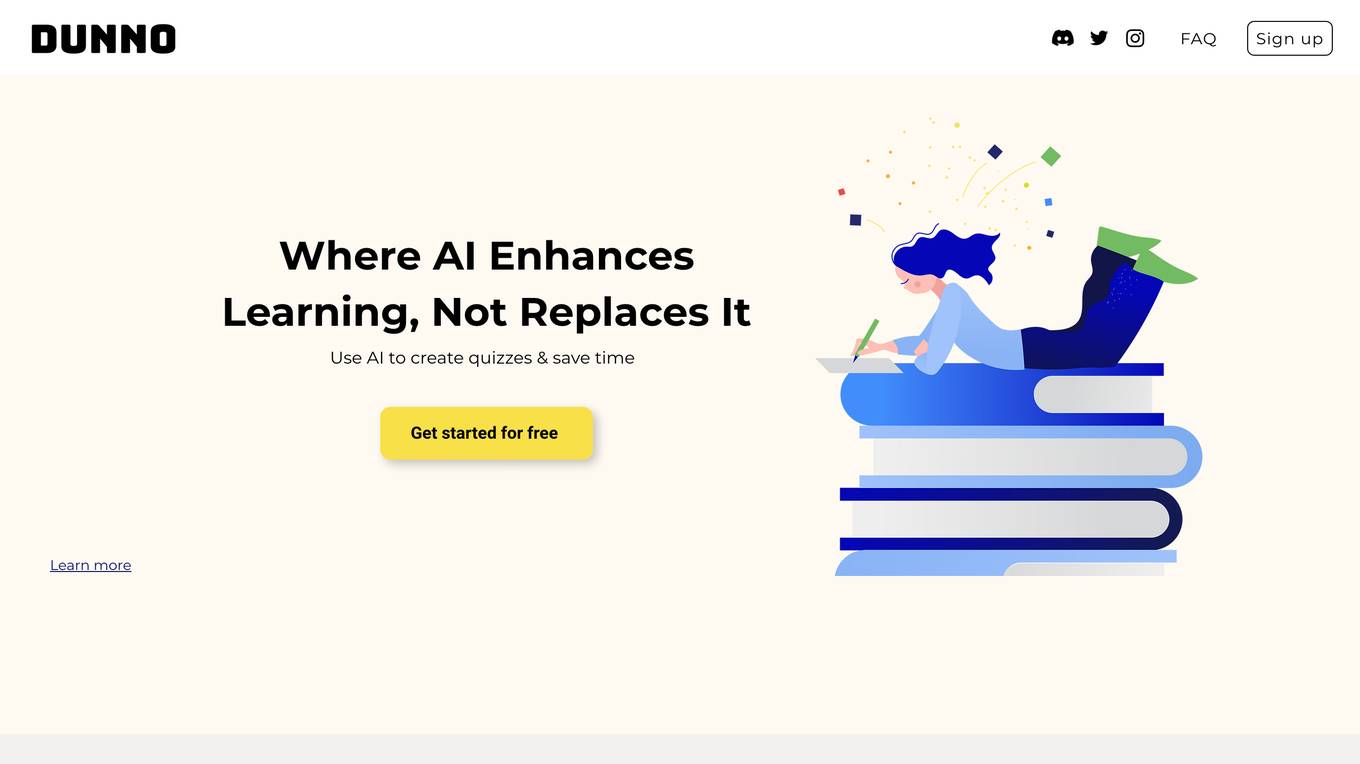
DUNNO
DUNNO is an AI-powered quiz platform that uses GPT-based models to generate quizzes and intellectual games. With DUNNO, you can quickly create your own quizzes based on any text, topic, or personal notes. After creating a quiz, you can either play alone or invite friends. DUNNO is suitable for various scenarios, including learning, work, and entertainment. It offers features such as quiz creation, quiz results tracking, and multiple game modes to make learning more engaging and interactive.
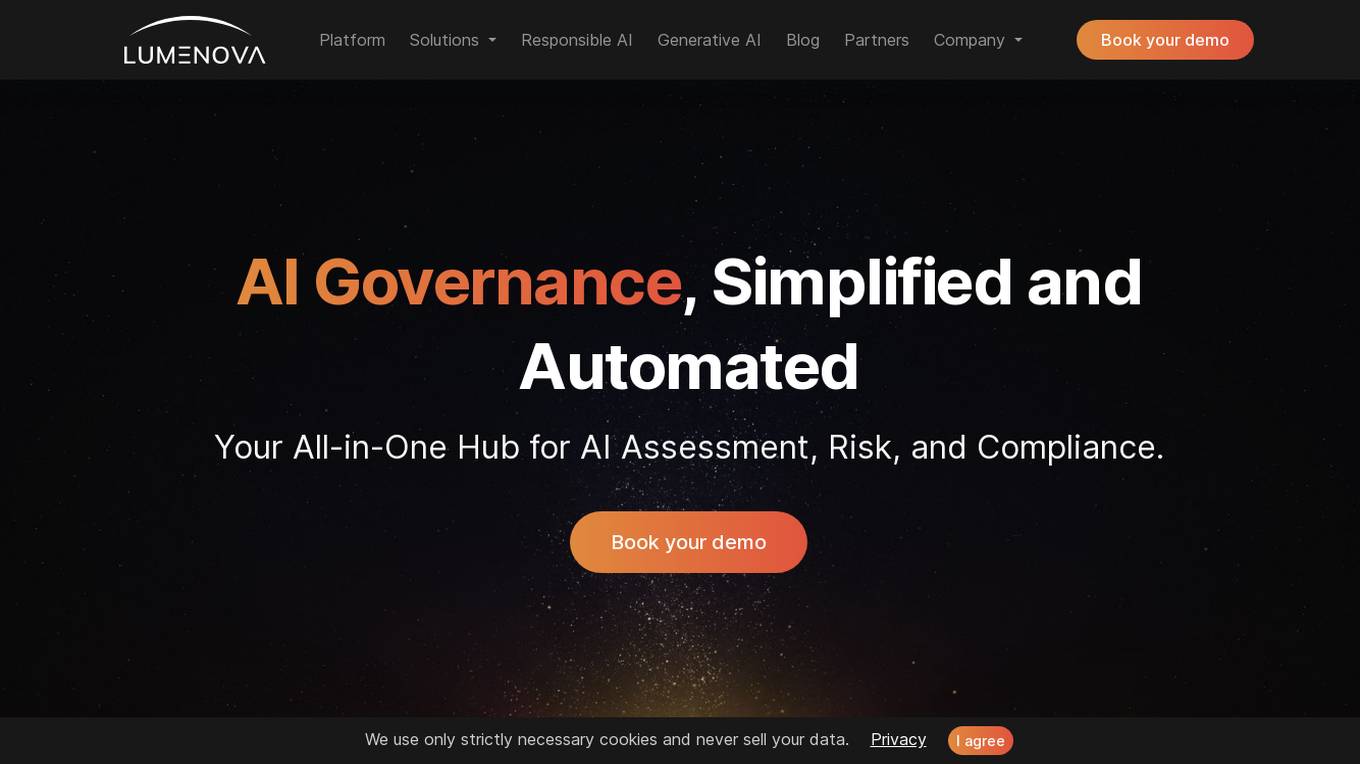
Lumenova AI
Lumenova AI is an AI platform that focuses on making AI ethical, transparent, and compliant. It provides solutions for AI governance, assessment, risk management, and compliance. The platform offers comprehensive evaluation and assessment of AI models, proactive risk management solutions, and simplified compliance management. Lumenova AI aims to help enterprises navigate the future confidently by ensuring responsible AI practices and compliance with regulations.
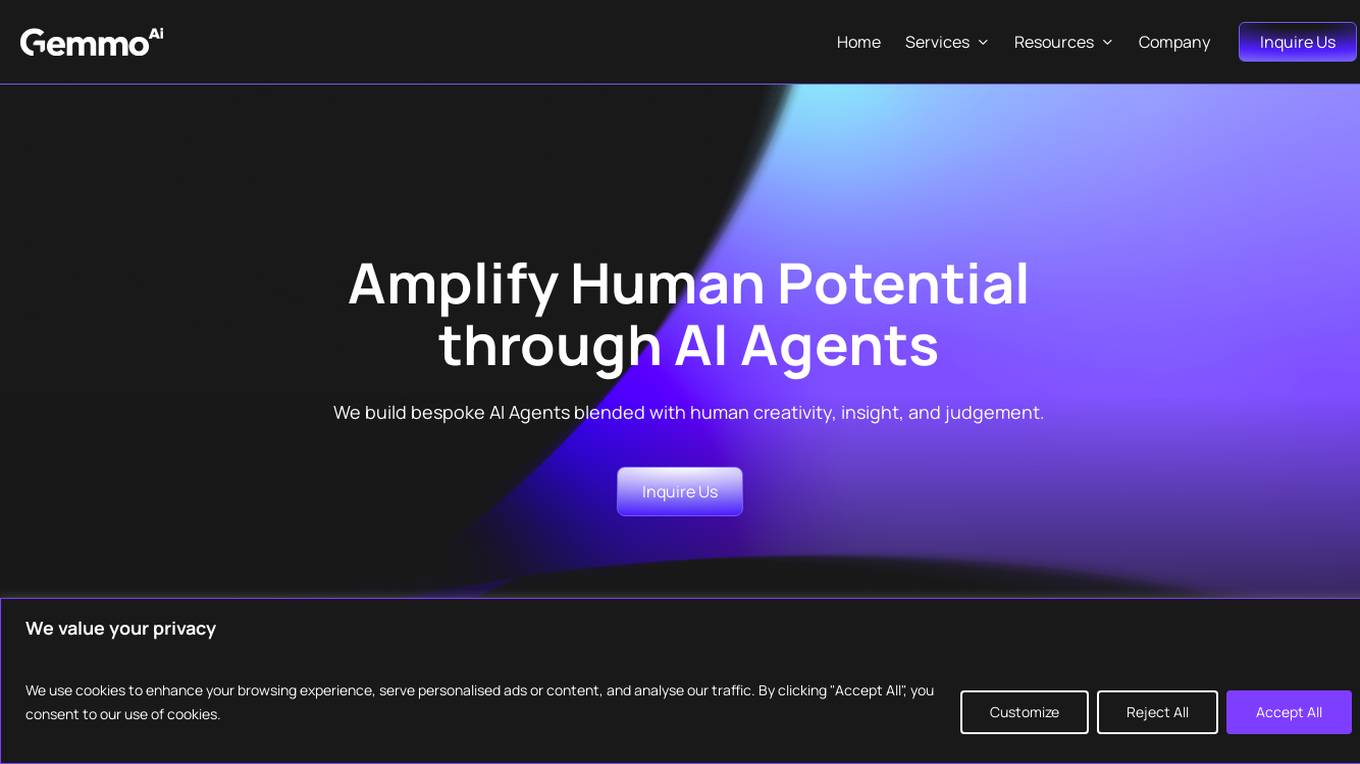
Gemmo AI
Gemmo AI is a boutique AI firm that specializes in building bespoke AI Agents blended with human creativity, insight, and judgment. They offer services such as AI Pathfinder for assessing opportunities, AI Implementation for deployment, and AI Optimization for performance improvement. Gemmo AI focuses on agility, value, and delivering fast, measurable results to help businesses integrate advanced AI technologies seamlessly into their workflows.

Underwrite.ai
Underwrite.ai is a platform that leverages advances in artificial intelligence and machine learning to provide lenders with nonlinear, dynamic models of credit risk. By analyzing thousands of data points from credit bureau sources, the application accurately models credit risk for consumers and small businesses, outperforming traditional approaches. Underwrite.ai offers a unique underwriting methodology that focuses on outcomes such as profitability and customer lifetime value, allowing organizations to enhance their lending performance without the need for capital investment or lengthy build times. The platform's models are continuously learning and adapting to market changes in real-time, providing explainable decisions in milliseconds.
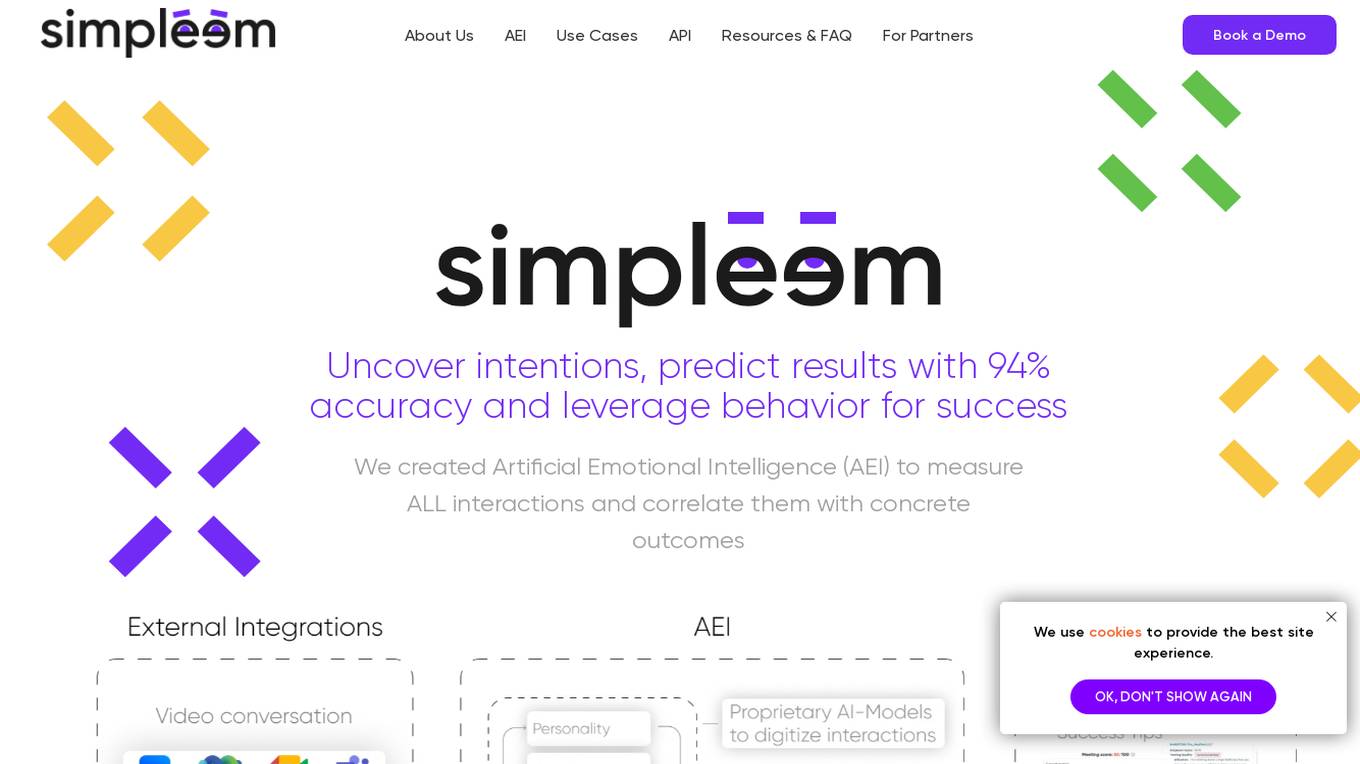
Simpleem
Simpleem is an Artificial Emotional Intelligence (AEI) tool that helps users uncover intentions, predict success, and leverage behavior for successful interactions. By measuring all interactions and correlating them with concrete outcomes, Simpleem provides insights into verbal, para-verbal, and non-verbal cues to enhance customer relationships, track customer rapport, and assess team performance. The tool aims to identify win/lose patterns in behavior, guide users on boosting performance, and prevent burnout by promptly identifying red flags. Simpleem uses proprietary AI models to analyze real-world data and translate behavioral insights into concrete business metrics, achieving a high accuracy rate of 94% in success prediction.
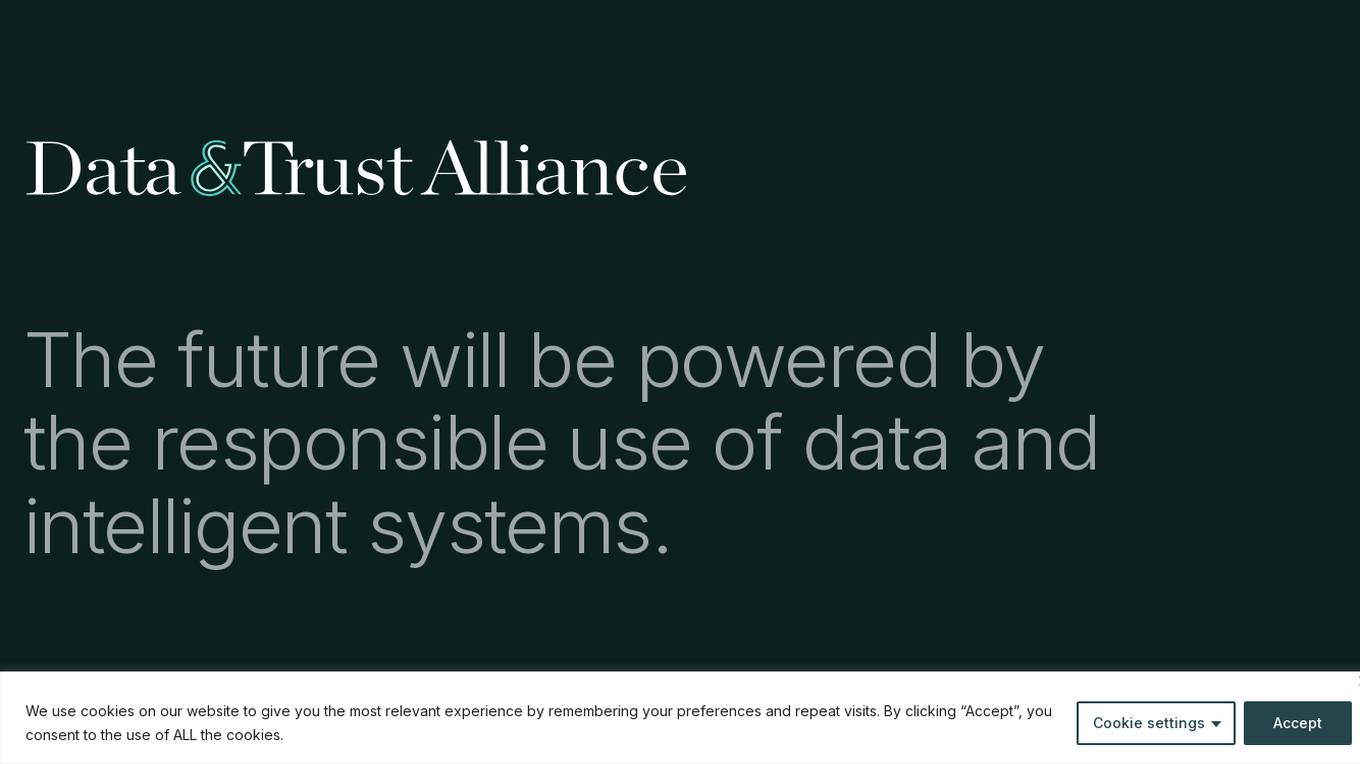
Data & Trust Alliance
The Data & Trust Alliance is a group of industry-leading enterprises focusing on the responsible use of data and intelligent systems. They develop practices to enhance trust in data and AI models, ensuring transparency and reliability in the deployment processes. The alliance works on projects like Data Provenance Standards and Assessing third-party model trustworthiness to promote innovation and trust in AI applications. Through technology and innovation adoption, they aim to leverage expertise and influence for practical solutions and broad adoption across industries.
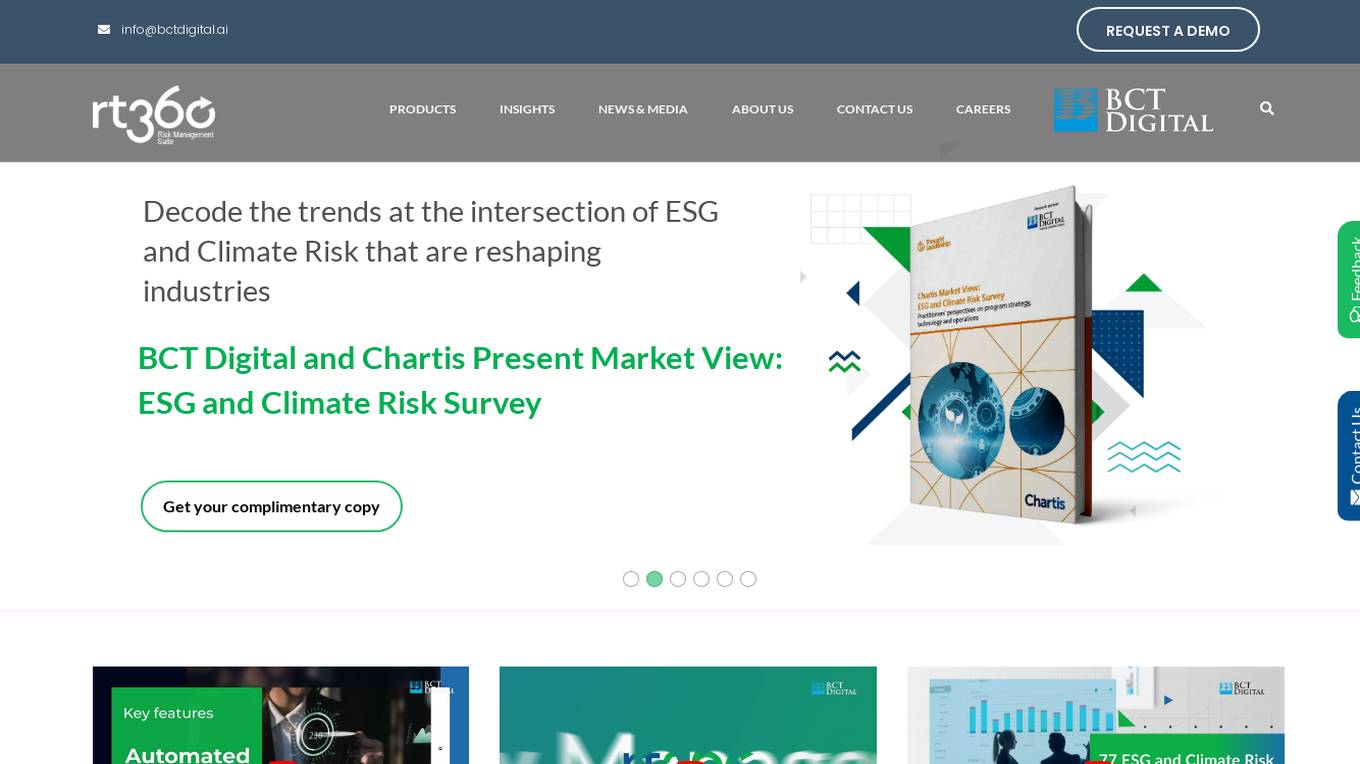
BCT Digital
BCT Digital is an AI-powered risk management suite provider that offers a range of products to help enterprises optimize their core Governance, Risk, and Compliance (GRC) processes. The rt360 suite leverages next-generation technologies, sophisticated AI/ML models, data-driven algorithms, and predictive analytics to assist organizations in managing various risks effectively. BCT Digital's solutions cater to the financial sector, providing tools for credit risk monitoring, early warning systems, model risk management, environmental, social, and governance (ESG) risk assessment, and more.
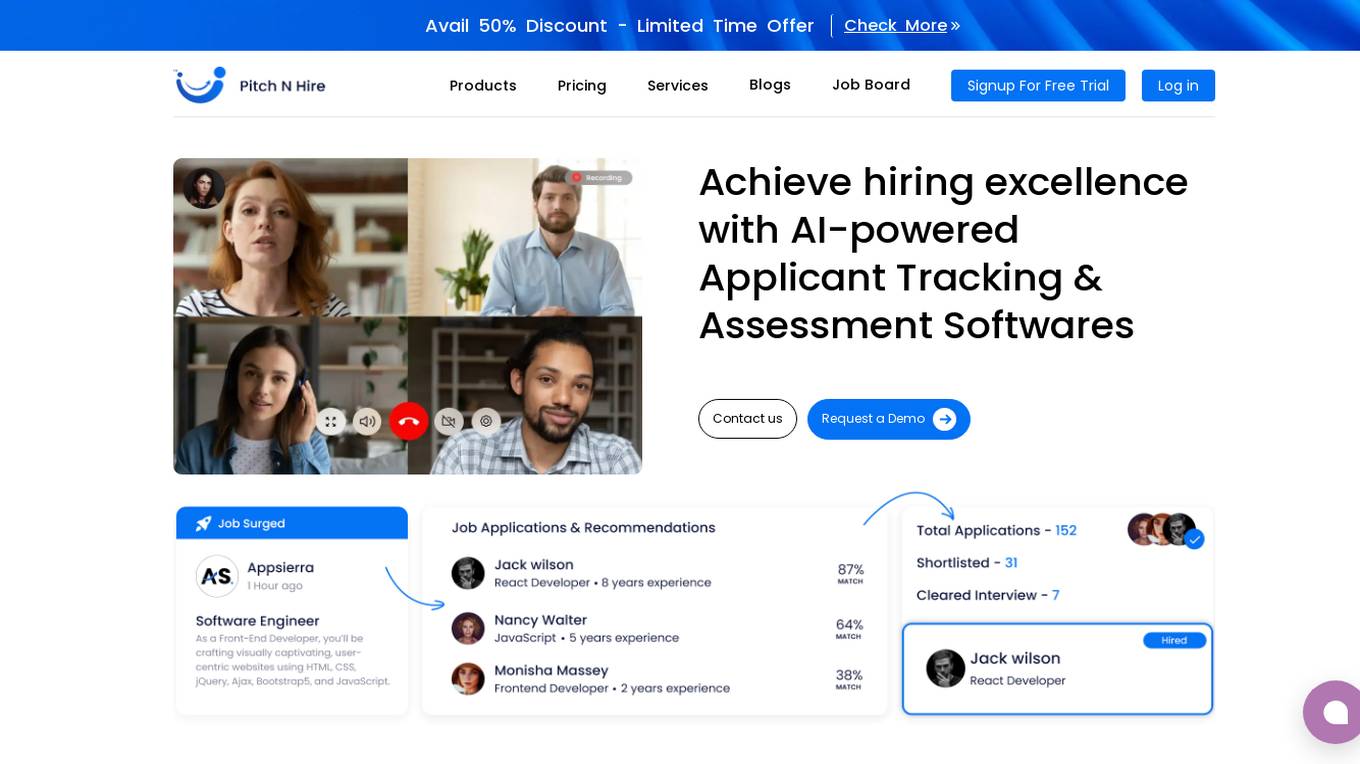
Pitch N Hire
Pitch N Hire is an AI-powered Applicant Tracking & Assessment Software designed to assist recruiters in enhancing their talent decisions. The platform offers a robust data-driven approach with descriptive, predictive, and prescriptive analytics to address talent acquisition challenges. It provides insights into candidate behavior, automated processes, and a vast network of career sites. With advanced AI data models, the software forecasts on-the-job performance, streamlines talent pipelines, and offers personalized branded experiences for candidates.
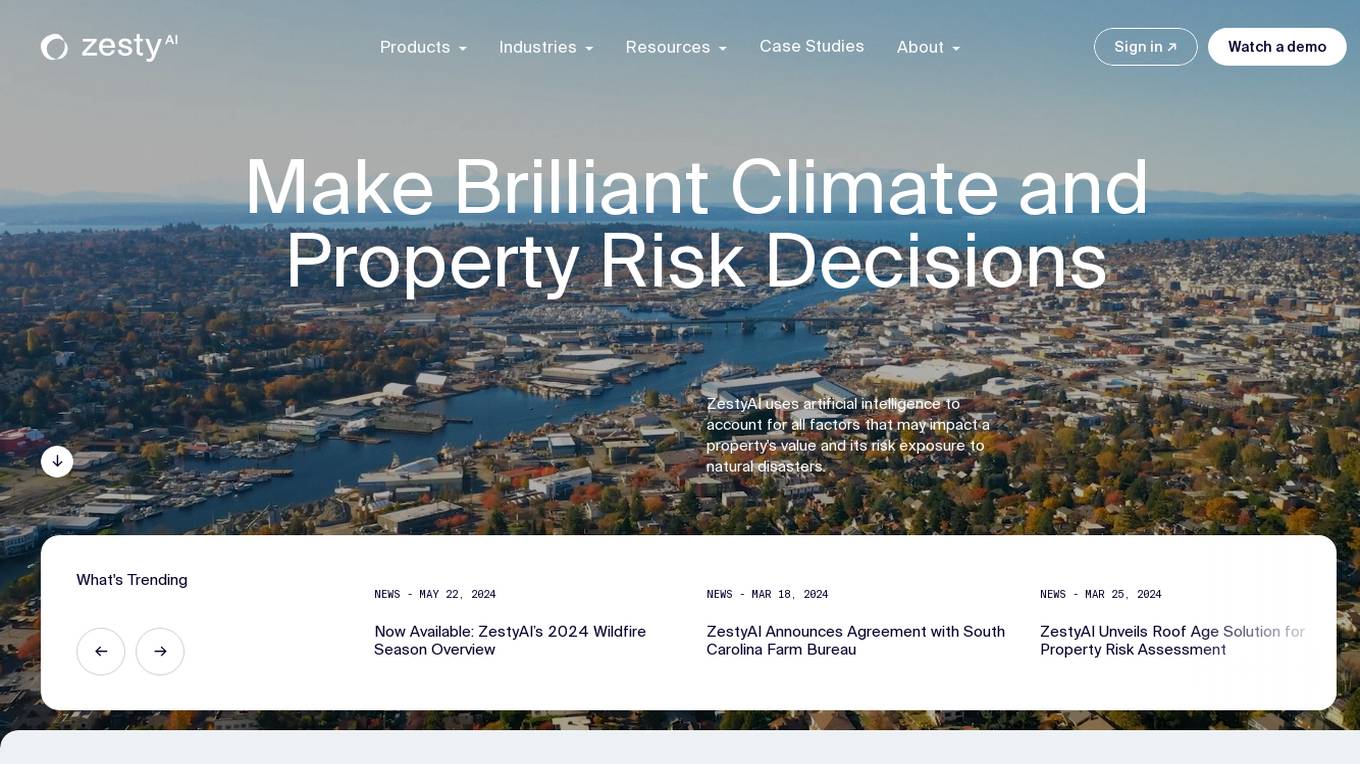
ZestyAI
ZestyAI is an artificial intelligence tool that helps users make brilliant climate and property risk decisions. The tool uses AI to provide insights on property values and risk exposure to natural disasters. It offers products such as Property Insights, Digital Roof, Roof Age, Location Insights, and Climate Risk Models to evaluate and understand property risks. ZestyAI is trusted by top insurers in North America and aims to bring a ten times return on investment to its customers.
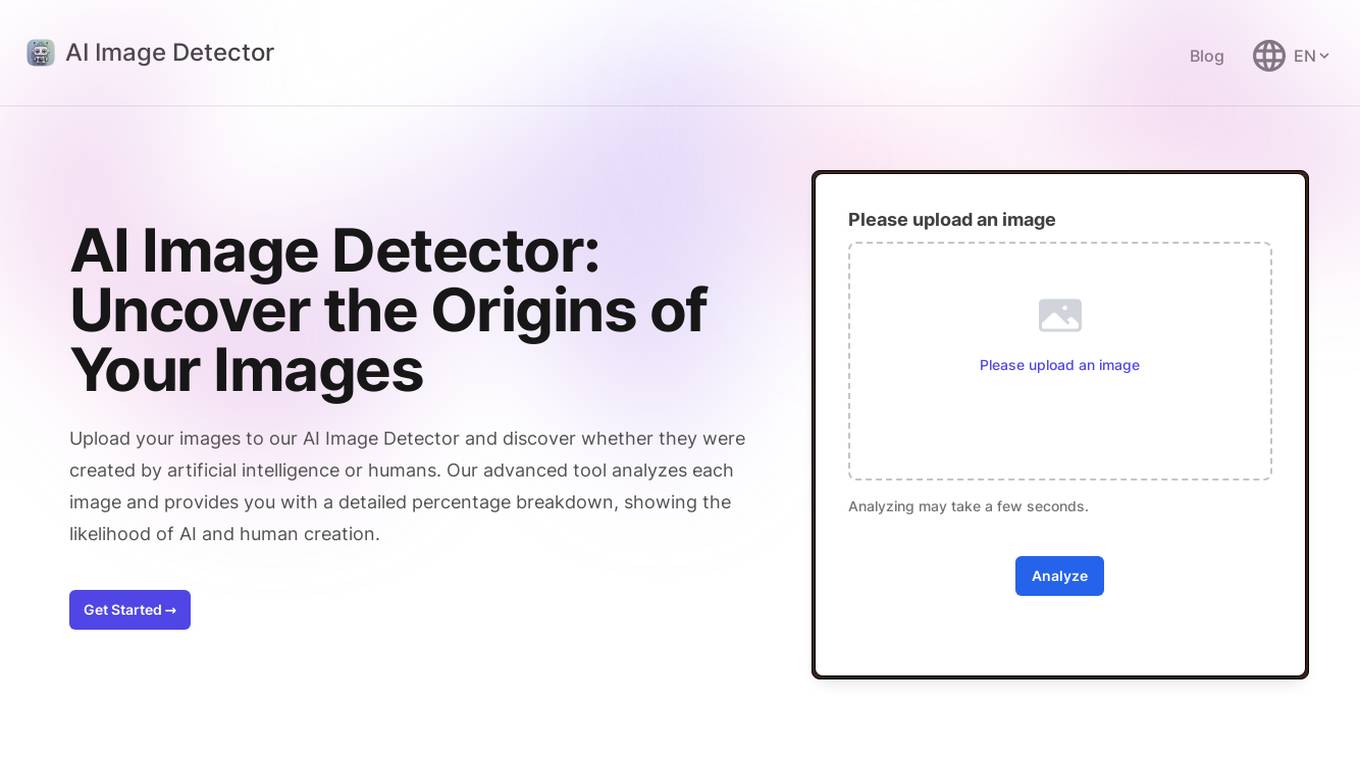
AI Image Detector
AI Image Detector is an advanced tool that allows users to upload images to determine if they were generated by artificial intelligence or humans. The tool provides a detailed percentage breakdown, showing the likelihood of AI and human creation. It offers a user-friendly interface, quick detection, and image authenticity detection using advanced AI models. Users can verify the origins of their images effortlessly without requiring technical skills.
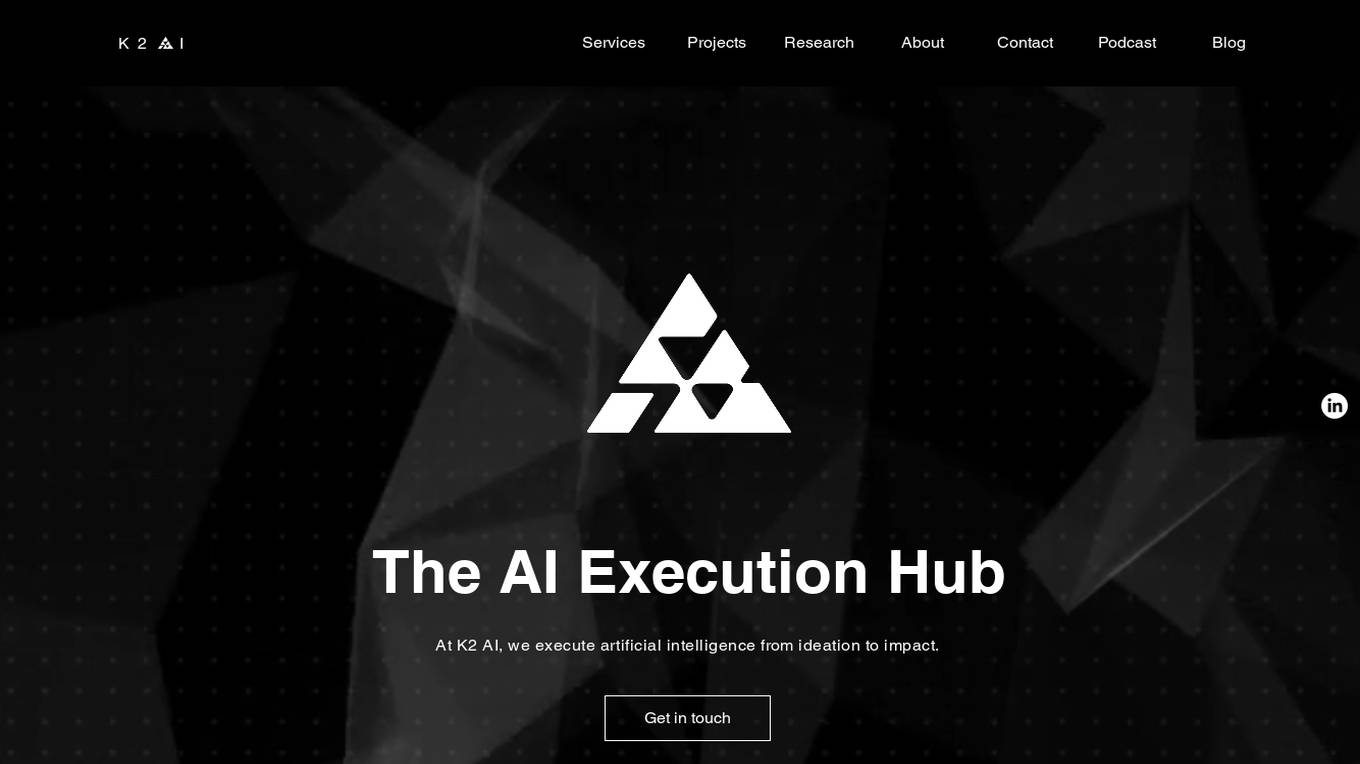
K2 AI
K2 AI is an AI consulting company that offers a range of services from ideation to impact, focusing on AI strategy, implementation, operation, and research. They support and invest in emerging start-ups and push knowledge boundaries in AI. The company helps executives assess organizational strengths, prioritize AI use cases, develop sustainable AI strategies, and continuously monitor and improve AI solutions. K2 AI also provides executive briefings, model development, and deployment services to catalyze AI initiatives. The company aims to deliver business value through rapid, user-centric, and data-driven AI development.
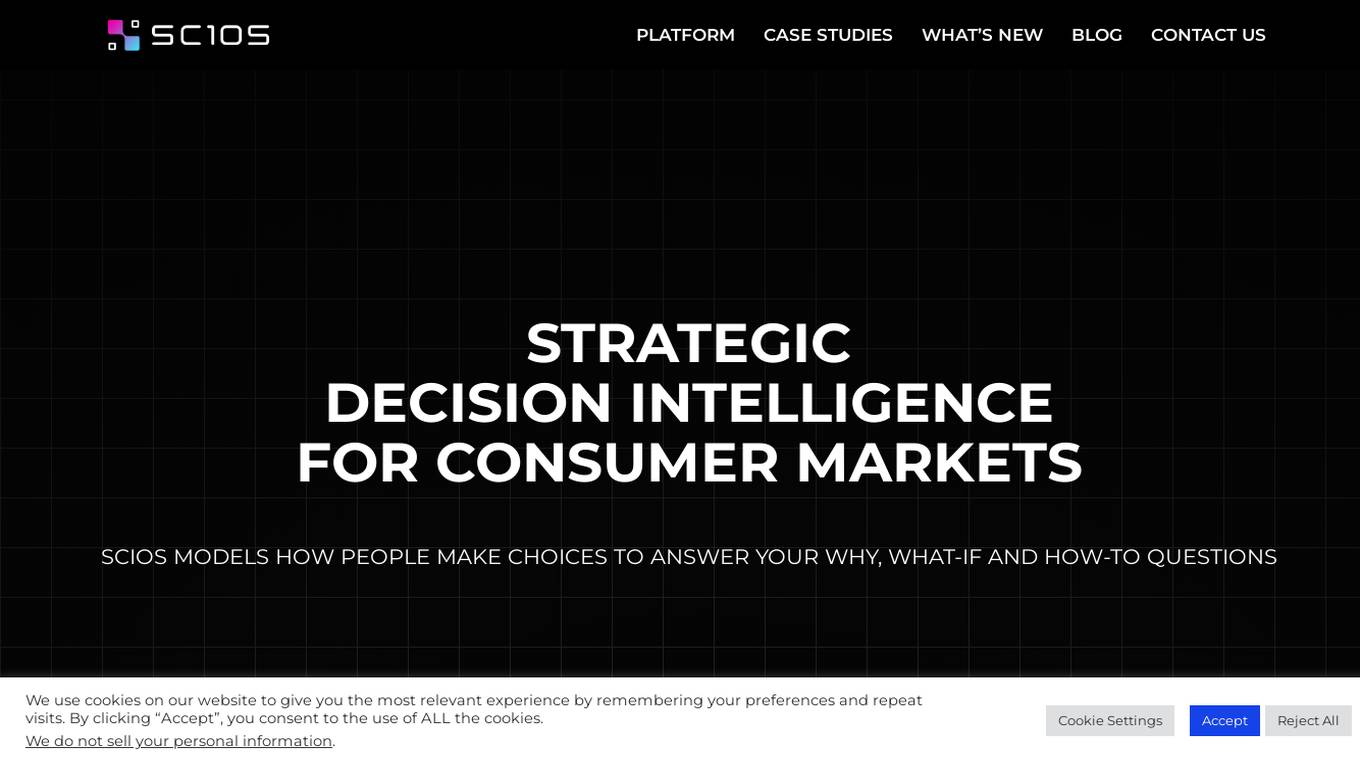
Scios.ai
Scios.ai is a strategic decision intelligence platform designed for consumer markets. It models how people make choices to answer various questions related to product launch strategies, product design, marketing messages, pricing, and more. The platform empowers organizations to craft, assess, and enhance strategic decisions by providing predictive and prescriptive analytics based on extensive research from behavioral economics. Scios.ai aims to help businesses understand consumer behavior, make informed decisions, and drive innovation and progress.

Jumio
Jumio is a leading digital identity verification platform that offers AI-driven services to verify the identities of new and existing users, assess risk, and help meet compliance mandates. With over 1 billion transactions processed, Jumio provides cutting-edge AI and ML models to detect fraud and maintain trust throughout the customer lifecycle. The platform offers solutions for identity verification, predictive fraud insights, dynamic user experiences, and risk scoring, trusted by global brands across various industries.

Scenario
Scenario is a GenAI Engine for the gaming industry, offering users control over specific concepts and styles through fine-tuning custom generators. It's a versatile web-based app that lowers barriers to a full suite of GenAl tools, enhancing game asset creation & customization.
0 - Open Source AI Tools
20 - OpenAI Gpts
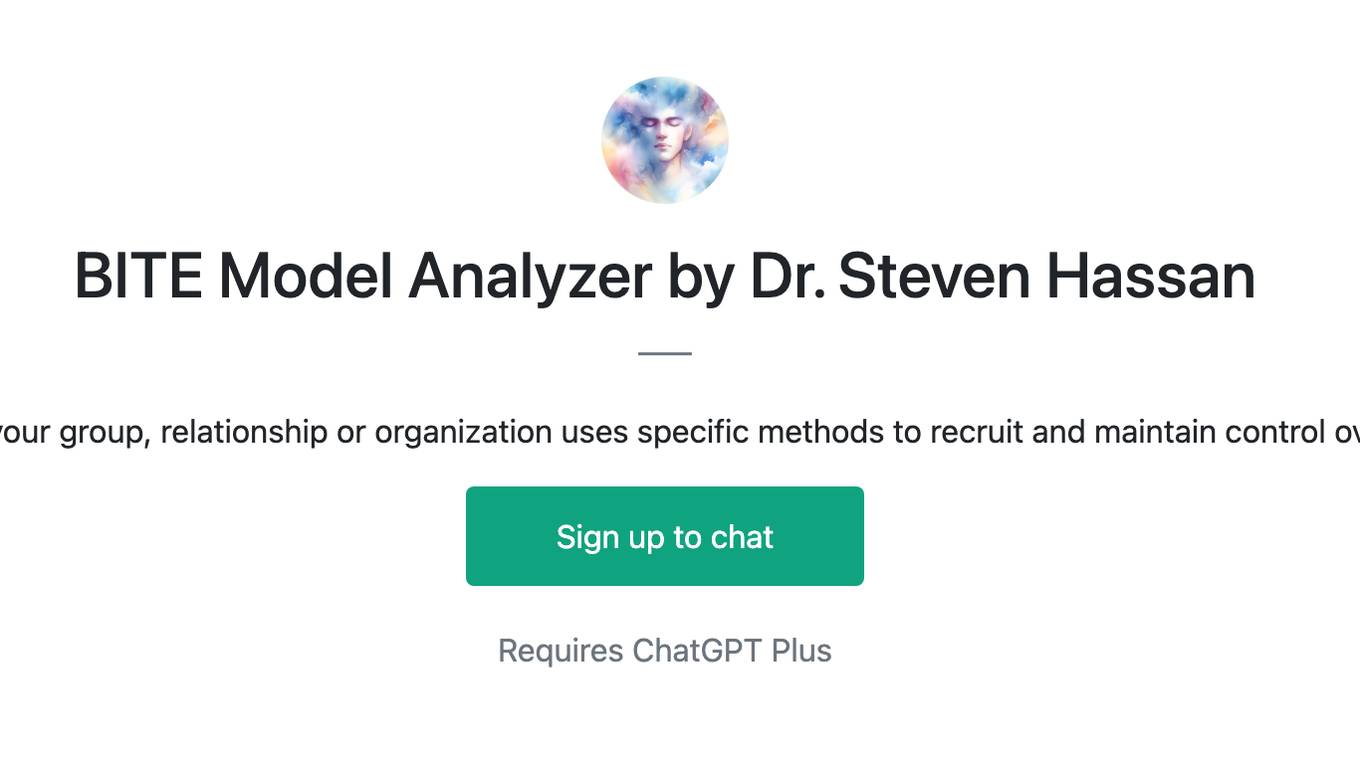
BITE Model Analyzer by Dr. Steven Hassan
Discover if your group, relationship or organization uses specific methods to recruit and maintain control over people
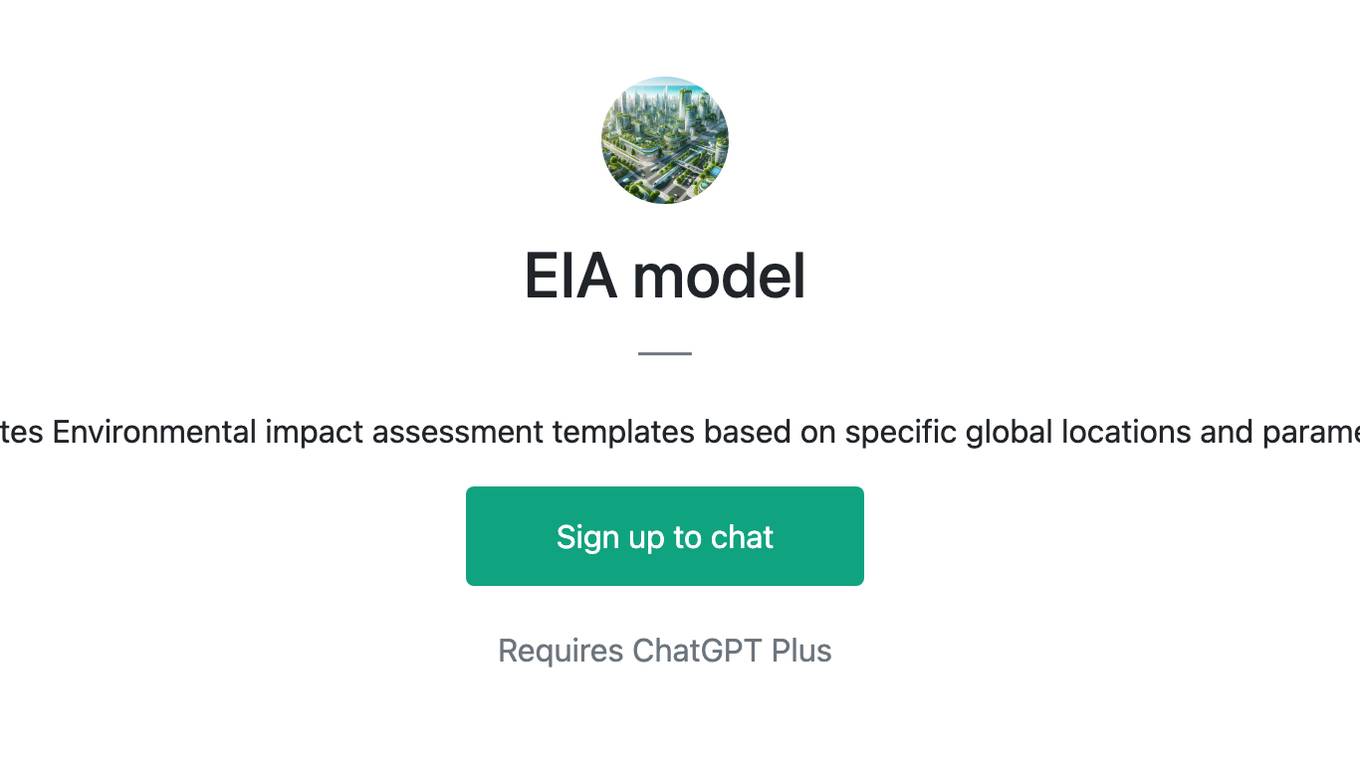
EIA model
Generates Environmental impact assessment templates based on specific global locations and parameters.
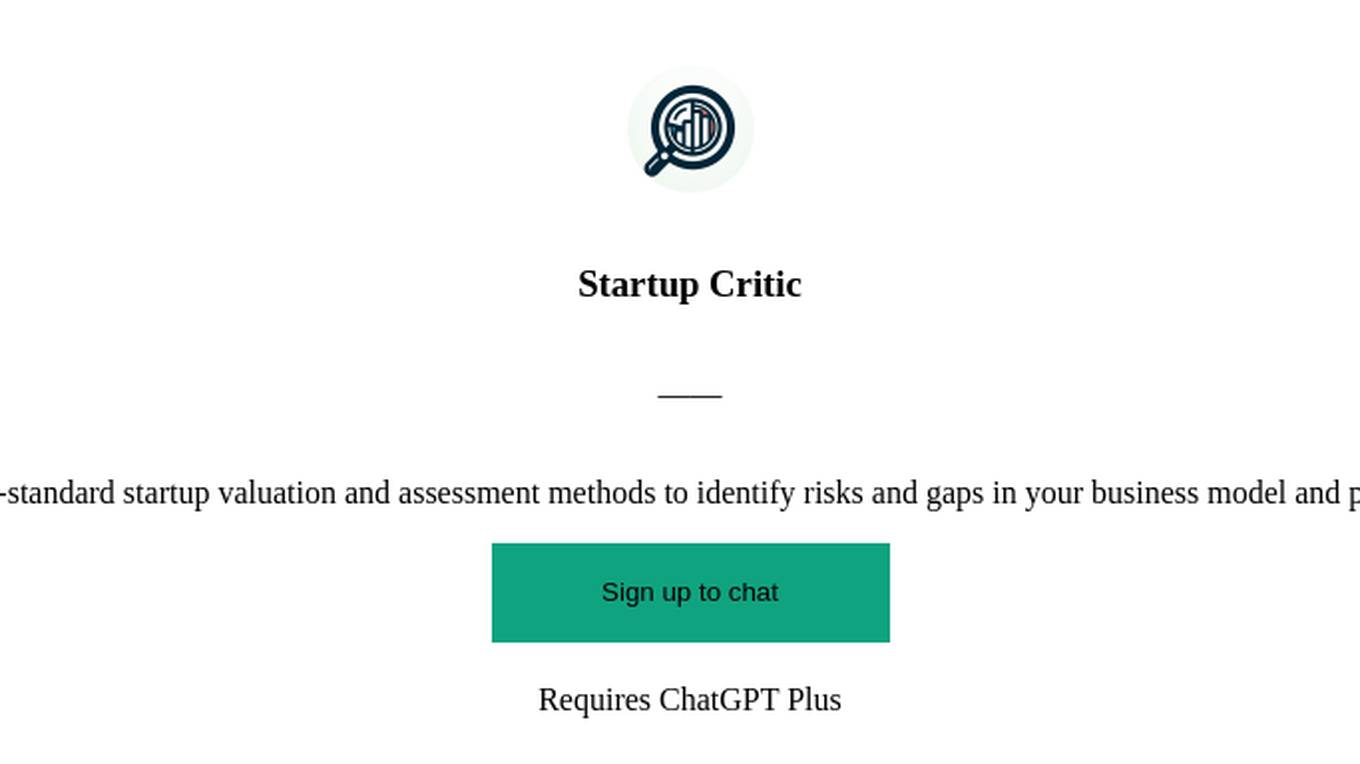
Startup Critic
Apply gold-standard startup valuation and assessment methods to identify risks and gaps in your business model and product ideas.

Blender Scout
Blender resources from all across the web. Find Tutorials, Assets, Addons, and More
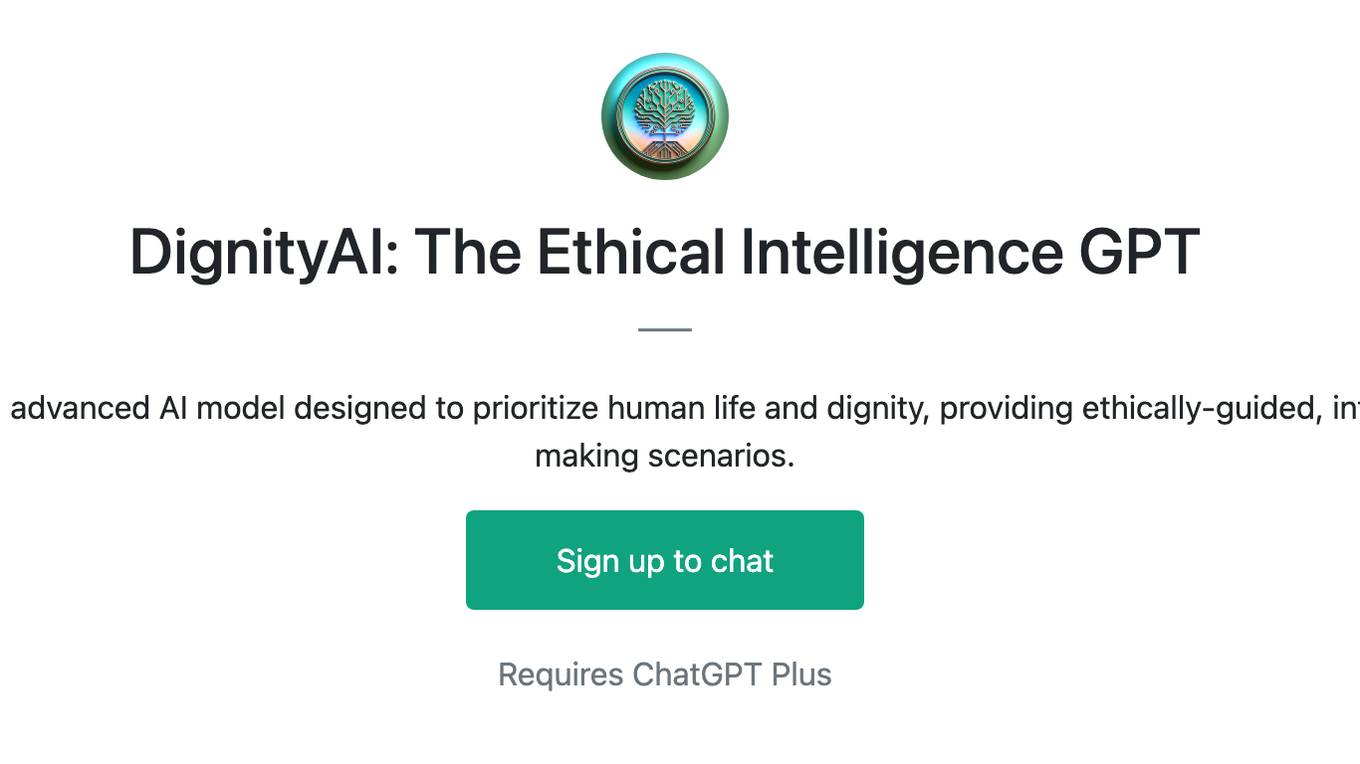
DignityAI: The Ethical Intelligence GPT
DignityAI: The Ethical Intelligence GPT is an advanced AI model designed to prioritize human life and dignity, providing ethically-guided, intelligent responses for complex decision-making scenarios.
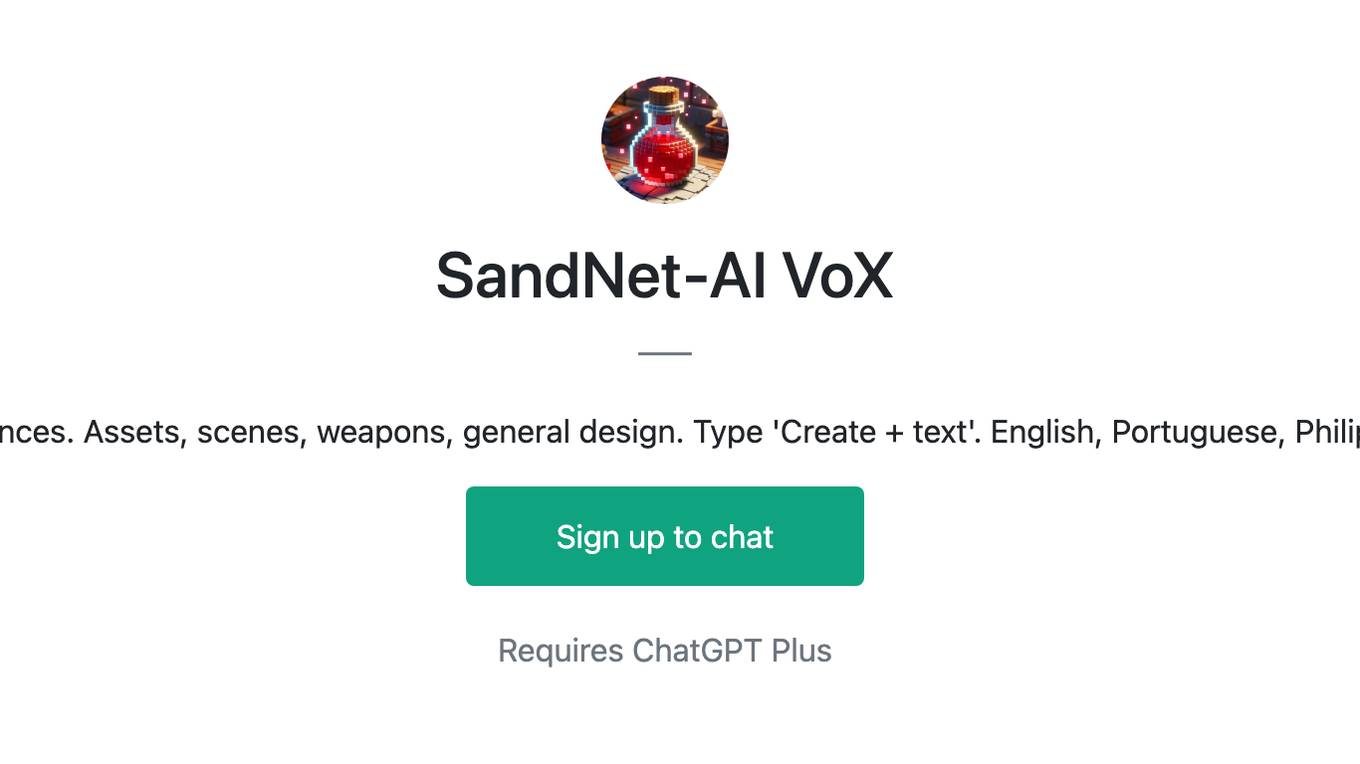
SandNet-AI VoX
Create voxel art references. Assets, scenes, weapons, general design. Type 'Create + text'. English, Portuguese, Philipines,..., +60 others.

HomeScore
Assess a potential home's quality using your own photos and property inspection reports
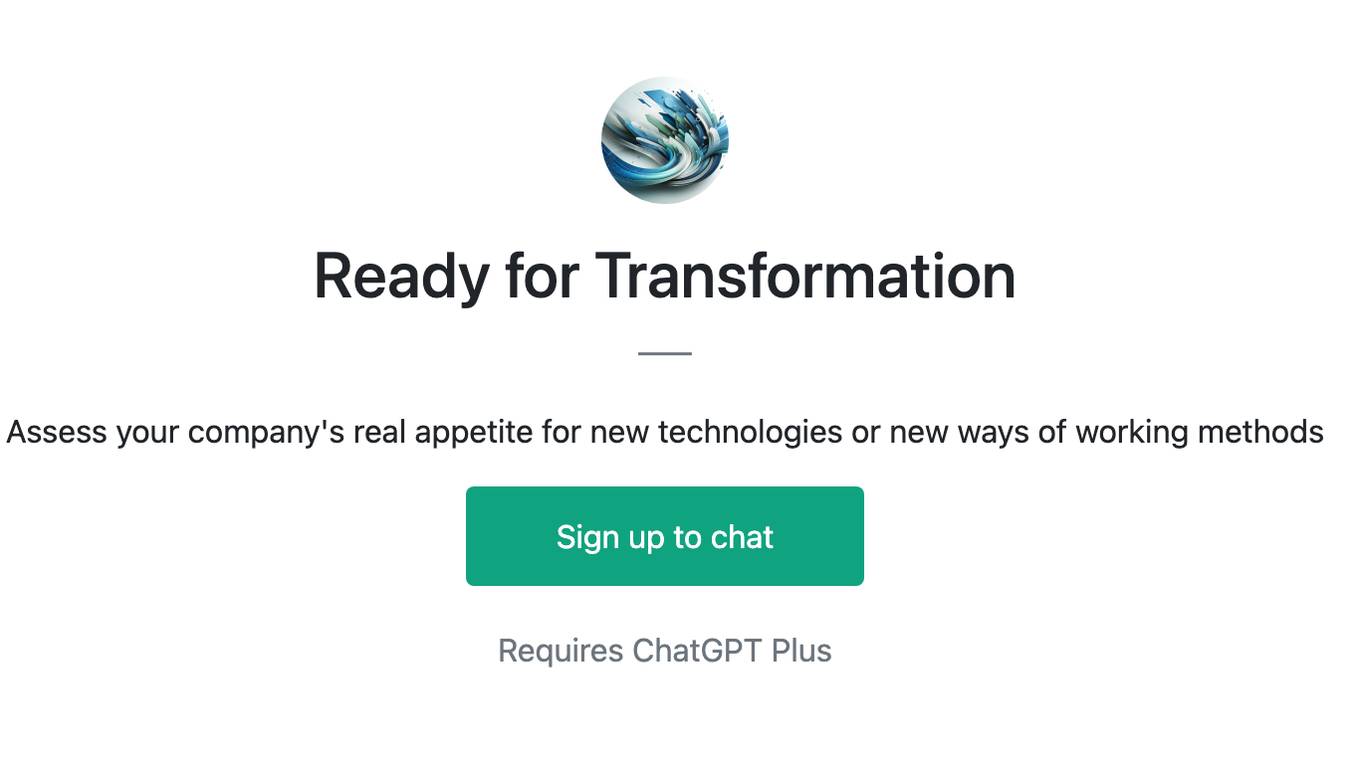
Ready for Transformation
Assess your company's real appetite for new technologies or new ways of working methods
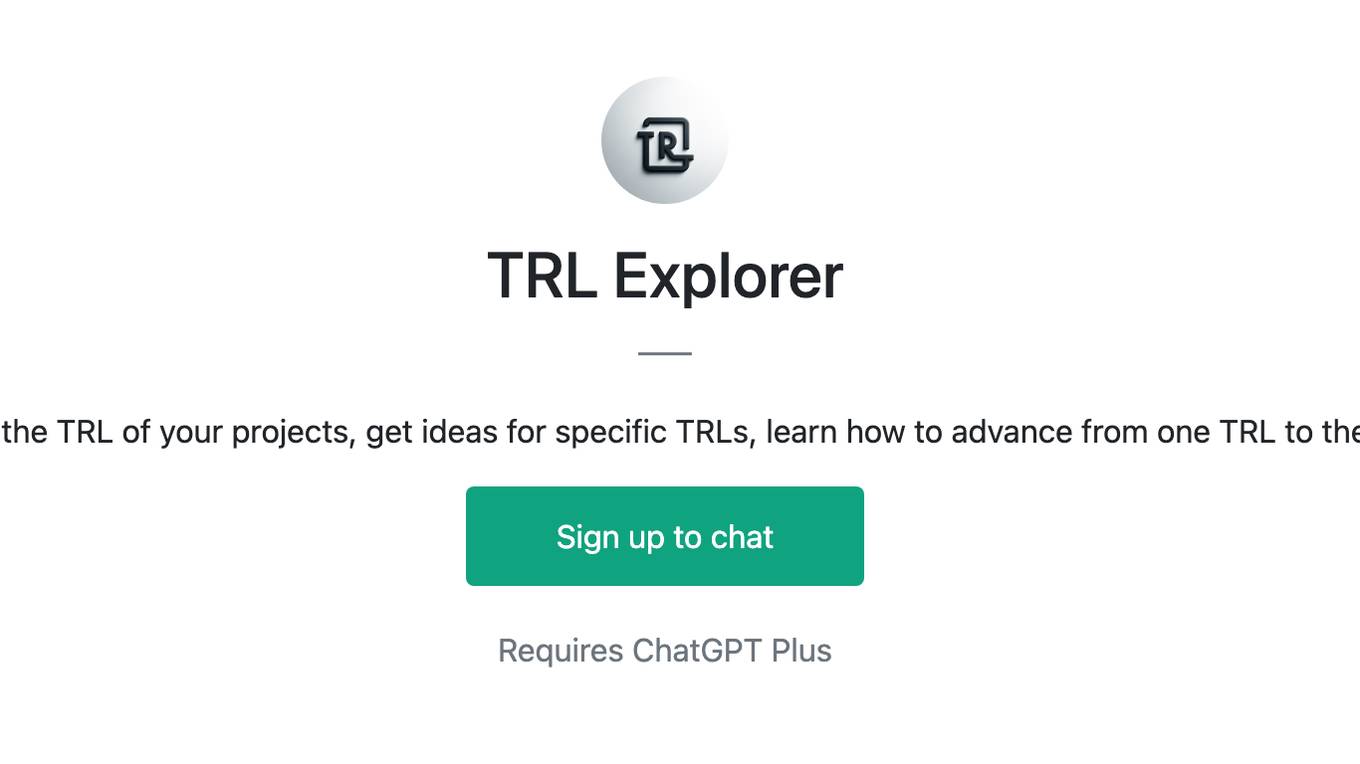
TRL Explorer
Assess the TRL of your projects, get ideas for specific TRLs, learn how to advance from one TRL to the next

